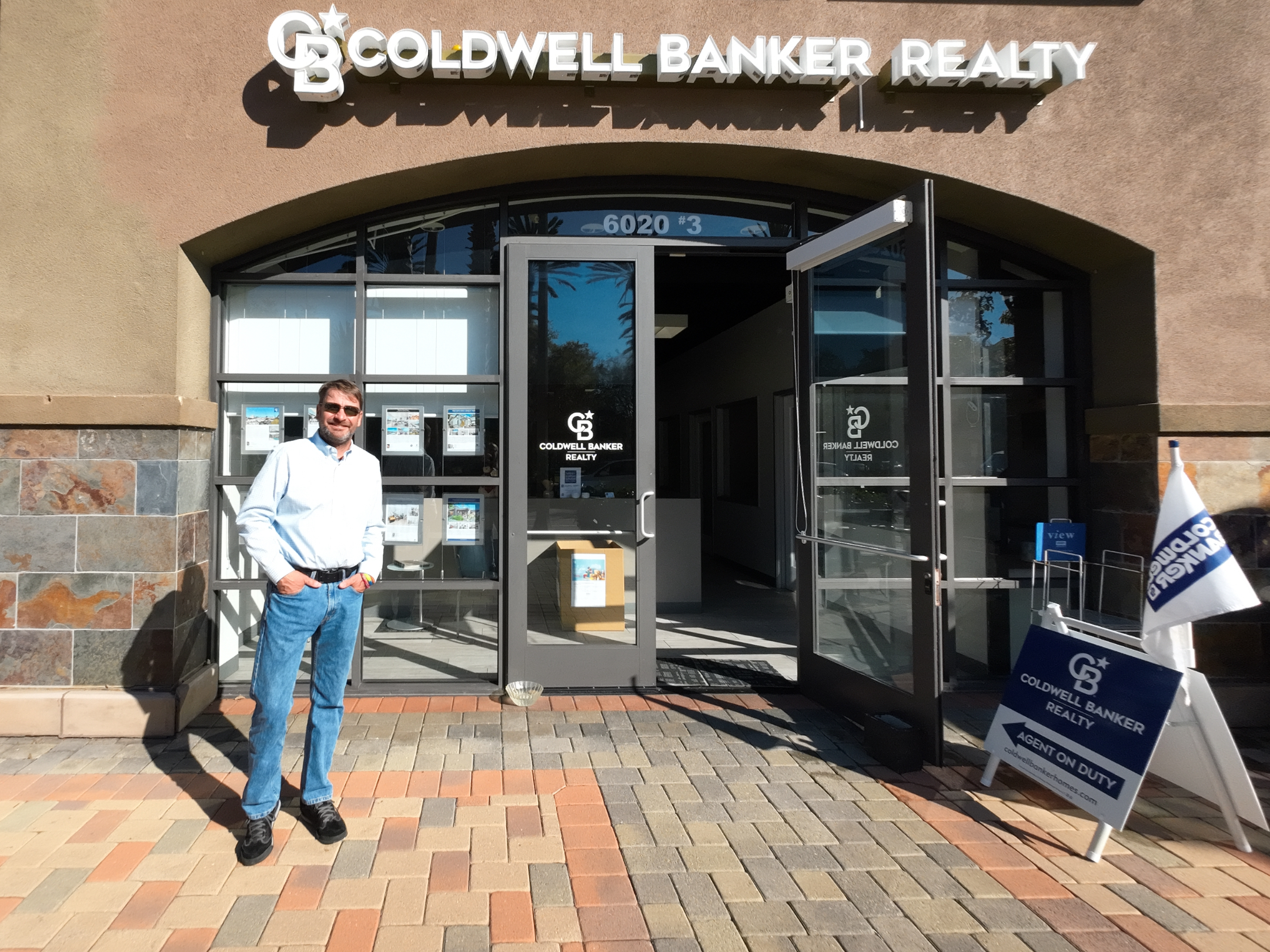NEVER TRY TO SELL YOUR HOME AS A “FSBO”
“Should I sell my home myself without an agent?”

There’s a certain sort of person who thinks they “know better.”
You know the type – they distain “so-called experts,” they try to save money by going around the system, they give advice to others without being asked. This is exactly the person who tries to sell their own home, otherwise known as FOR SALE BY OWNER or FSBO (pronounced “fizz-bo” by the cool kids).
You do not want to be that kind of person, particularly in real estate.
Would you represent yourself in court without a lawyer? Would you do your own dental work? Of course not. So why would selling your home – probably your biggest single asset – be any different?
WHY WOULD SOMEONE TRY TO SELL THEIR HOME THEMSELVES?
The biggest single reason people try to sell their home as a FSBO is that they want to “save money on the commission.” It’s hard to name another reason someone might try to go the “do it yourself” route. But, unfortunately, most if not all of the time, a FSBO sale will not actually save a seller money, and in fact, it might lose them money.
So let’s take a look at some of the reasons NOT to FSBO, and instead work with licensed real estate agents like Heléne and me.
1). YOU PROBABLY WILL NOT SAVE MONEY
2). MARKETING IS DIFFICULT (AND EXPENSIVE)
You don’t have any systems in place to get your property in front of prospective buyers. For example, do you know any “stagers” who can get your house ship-shape for viewings? Do you have a great real-estate photographer on speed dial? Do you have signs? Do you know buyers? How do you announce open houses?
Plus, marketing is expensive – buying signs, taking out ads online, social media buys – these costs all ad up, especially if you don’t have experience in knowing how to allocate your budget.
3). YOU MIGHT THINK YOU KNOW HOW TO NEGOTIATE… BUT DO YOU REALLY?
4). WILL THE BUYERS YOU CAN FIND BE WILLING TO PAY TOP DOLLAR?
Frequently, because you are representing yourself, FSBO sellers tend to have more “non-arms-length transfers.” This means you are selling your property to someone you know.
In general, non-arms-length transactions sell for less than market value – wouldn’t you rather get market value or higher? Your cousin who buys your home at a discount might be happy, but will you?
This is a big reason why the answer to the question “should I sell my home myself without an agent?” is usually “no.”
5). PREPARE FOR LITIGATION!
Real estate, especially in California, is very litigious. There is the very real danger of getting sued if you do not do everything correctly.
Do you know all of the various disclosures you need to provide as part of the contract? Did you follow all of the Fair Housing Laws to the letter? Did you accidentally warrant something to the potential buyer (or their agent) that is untrue, whether you knew it or not, opening you up to accusations of fraud?
Getting sued is a great way to make sure you don’t save any money – and might lose some (or a lot) in the process. Your ideal agent has Errors and Omissions (E&O) Insurance and a heavy-hitting team of lawyers behind them – like Heléne and I do!
6). SCAM ARTISTS EVERYWHERE
Unfortunately, there are scam artists out there that will do all sorts of stuff. A faked listing is one; imagine a scammer sees your listing on Craig’s List, and creates a “shadow” version of your listing with a different contact number, then “sells your home” to someone else.
Identity theft. Wire transfer fraud. So-called “Straw Buyers.” There seems to be no limit to what scammers try to get away with.
We’ll cover real-estate scams more in another post, but know it’s a scary world out there – have a professional on your team!
SO SHOULD I SELL MY HOME MYSELF WITHOUT AN AGENT?
In conclusion, we suggest you don’t go down the road of “should I sell my home myself without an agent?” Contact us and Just Say No to FSBO!


 Facebook
Facebook
 X
X
 Pinterest
Pinterest
 Copy Link
Copy Link

